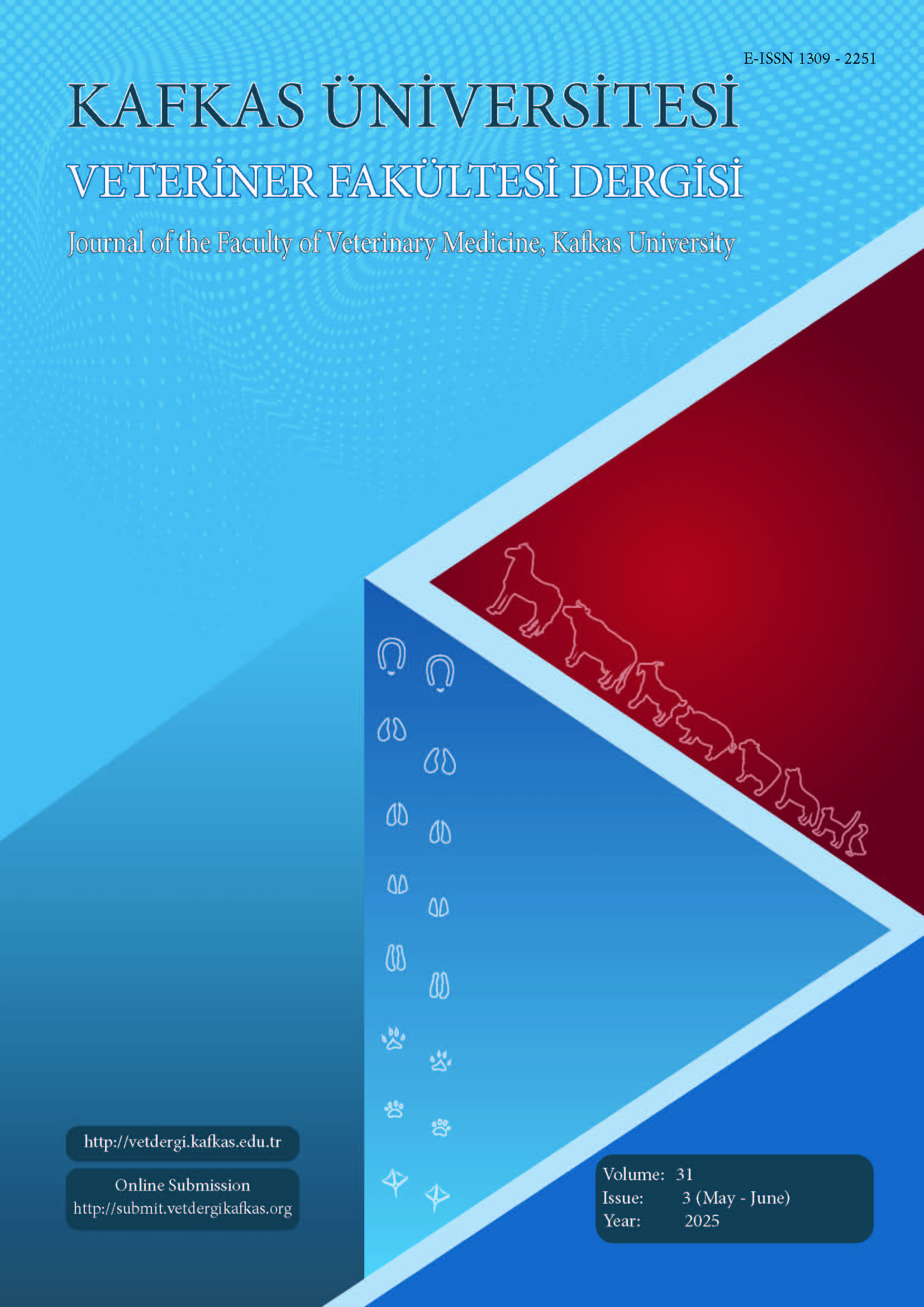
This journal is licensed under a Creative Commons Attribution-NonCommercial 4.0 International License
Kafkas Üniversitesi Veteriner Fakültesi Dergisi
2025 , Vol 31 , Issue 3
Saponins and Their Role as Vaccine Adjuvant Against Coccidiosis in Poultry
1Department of Veterinary Preventive Medicine, College of Veterinary Medicine, Qassim University, Buriadah, SAUDI ARABIA
DOI :
10.9775/kvfd.2025.34196
Coccidiosis, induced by various Eimeria species, has been one of the most important
health threats and performance of poultry around the world. Other than the current
treatment, successful vaccination approaches have been realized. Advances in saponin
biochemistry, from Quillaja saponaria and Yucca schidigera plants, have supported the
development of vaccine adjuvants based on these natural glycosides. Saponins also
activate innate immune pathways and can assist with antigen presentation, enhancing
humoral and cell-mediated responses. Saponin-based adjuvants, including QS-21
and Quil A, can enhance adjuvant efficacy by inducing higher antibody responses
and promoting long-lasting protective immunity privation. Nonetheless, challenges
including toxicity issues about the saponin fractions and the variable adjuvant activity
among different saponins, have also been reported. Future studies aim to improve
saponin adjuvant formulations, determine their harmlessness, and investigate new
transport systems, such as immunostimulating complexes. By enhancing poultry health,
such advancements contribute to safer meat and egg products, directly supporting
food safety. Moreover, reducing disease-related losses in poultry farms promotes food
security by ensuring stable and efficient protein production. The focus of this review
article is to highlight the role of saponins as vaccine adjuvants to enhance immunity
against Eimeria species in poultry.
Keywords :
Coccidiosis, Eimeria, Food safety, Phytochemicals, Quil A, Saponins, Vaccine adjuvants











